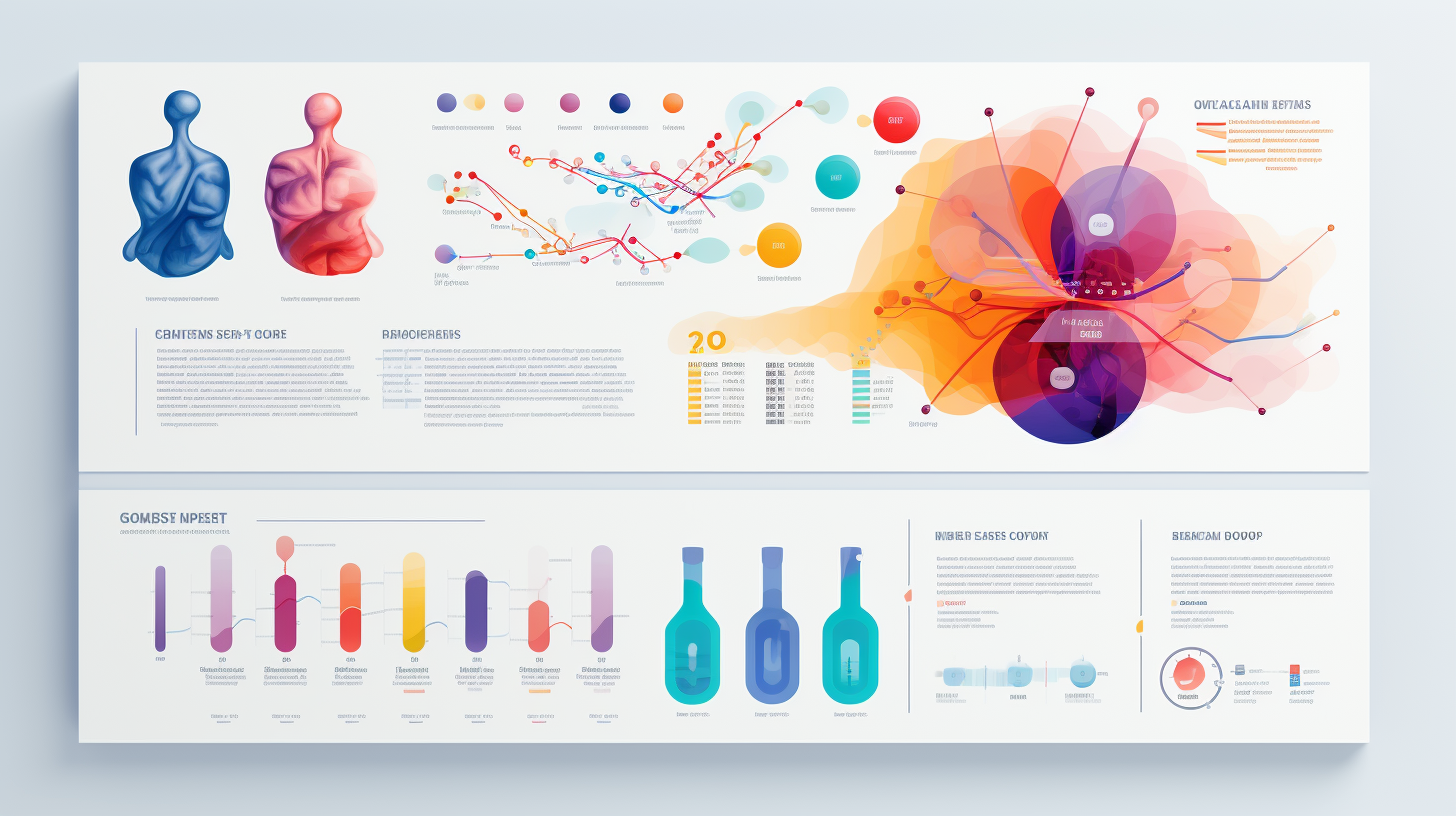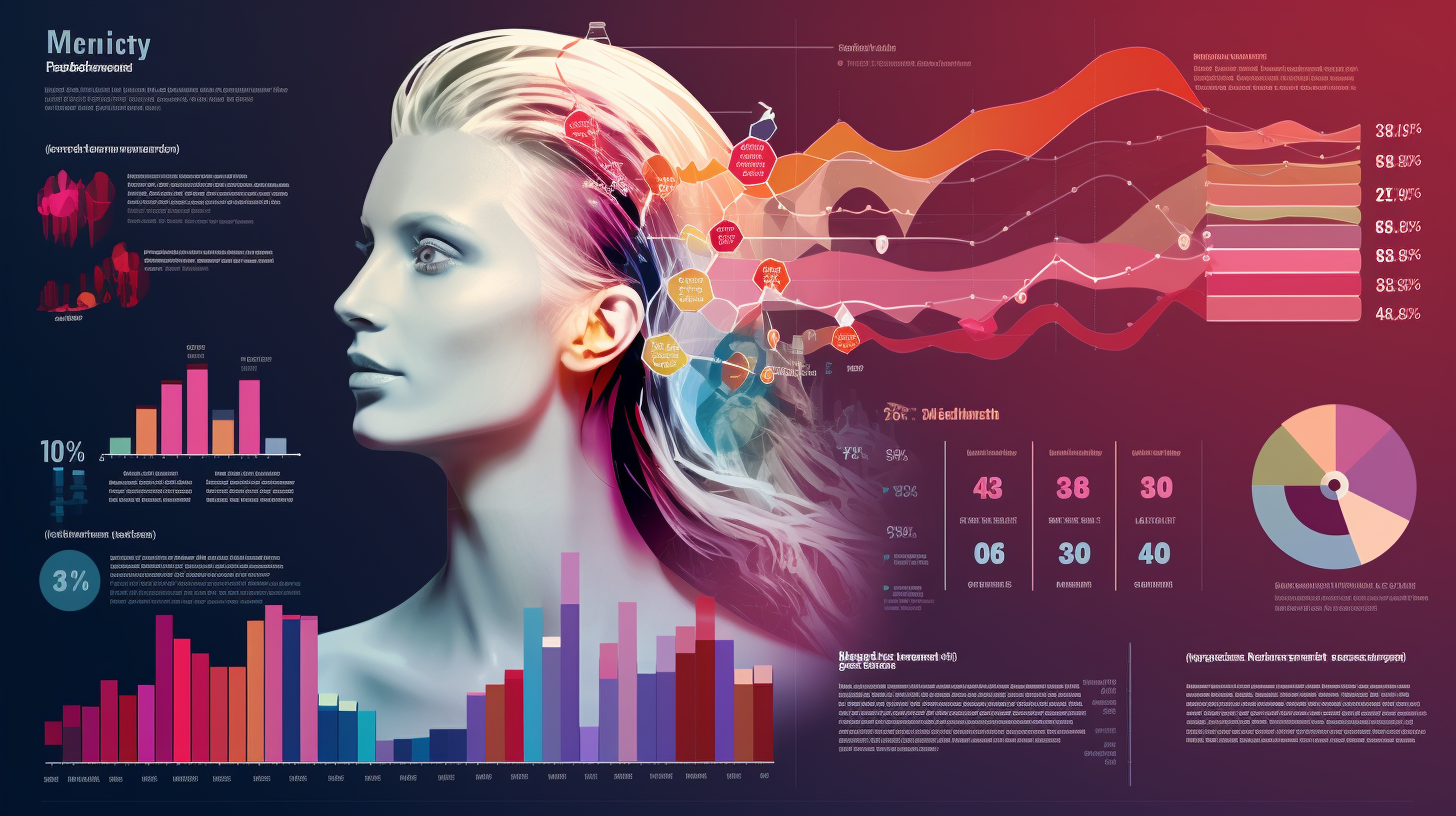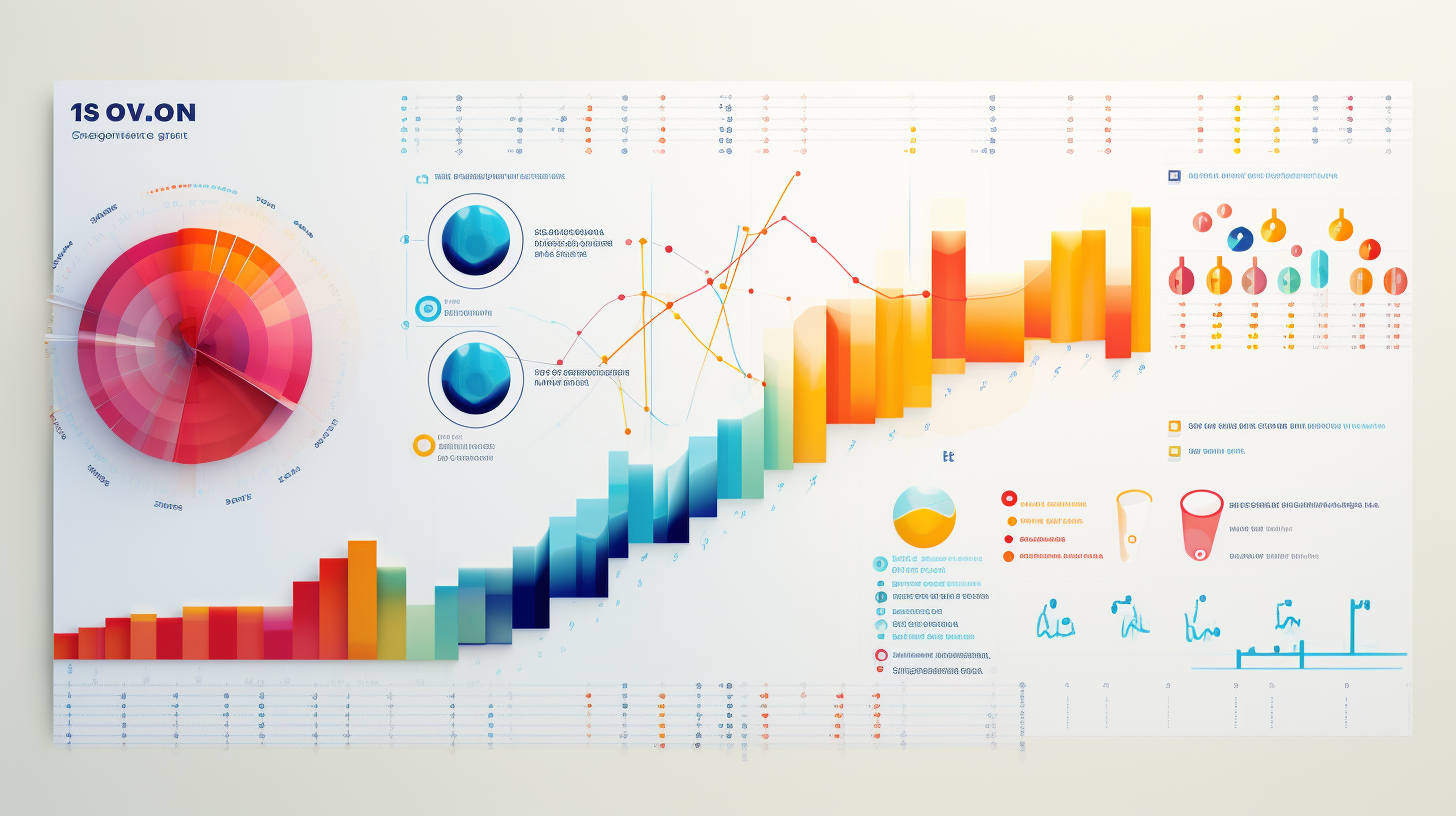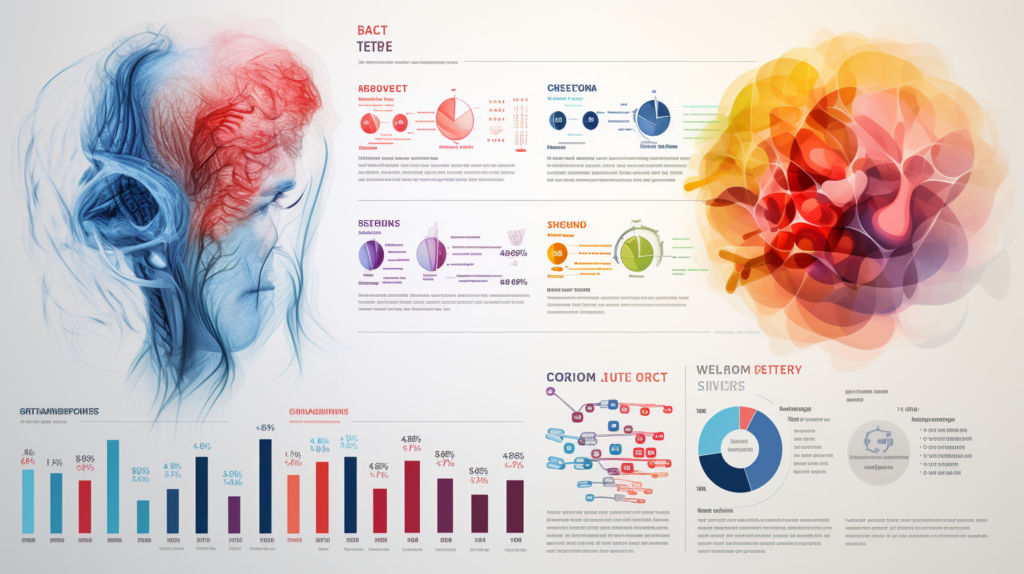Table of Contents
Medicine is constantly evolving, with new innovations and trends shaping the future of healthcare. As we navigate through the ever-changing landscape of medical advancements, it’s crucial to stay informed about the latest developments that are revolutionizing the way we approach healthcare. In this post, we’ll explore 10 medicine trends that are set to make a significant impact in the coming years. From telemedicine and precision medicine to the integration of artificial intelligence and biotechnology, these trends are reshaping the way we understand and practice medicine. Join us as we delve into the exciting world of medical innovation and discover the possibilities that lie ahead.
Introduction to Medicine Trends
Medicine is an ever-evolving field, with new trends and advancements constantly reshaping the way we approach healthcare. Keeping abreast of these developments is crucial for healthcare professionals and patients alike. In this article, we will explore some of the most impactful medicine trends to watch in the coming years.
As the healthcare landscape continues to shift, staying informed about these trends is essential for delivering high-quality care and making informed decisions about personal health. Whether it’s the rise of telemedicine, the exciting potential of precision medicine, or the increasing role of artificial intelligence, these trends are reshaping the future of medicine.
Stay tuned as we delve into each of these trends, offering insights into how they are transforming the healthcare industry and what they mean for the future of medicine.

Telemedicine and Virtual Healthcare
Telemedicine and virtual healthcare have rapidly gained prominence in recent years, transforming the way patients access medical care. With the evolution of technology, healthcare providers can now connect with patients remotely, delivering consultations, diagnoses, and treatment plans through digital platforms. This has proven especially beneficial for individuals in remote or underserved areas, as well as those with mobility limitations.
Through telemedicine, patients can consult with healthcare professionals via video calls, phone, or secure messaging, eliminating the need for in-person visits for certain routine issues. This not only enhances convenience but also reduces healthcare costs and waiting times for patients. Additionally, virtual healthcare facilitates the monitoring of chronic conditions and allows for timely interventions, contributing to better health outcomes.
Furthermore, telemedicine has become indispensable during public health crises, enabling the provision of care while minimizing the risk of disease transmission. The integration of telemedicine with other digital health tools and electronic health records further streamlines healthcare delivery and enhances patient care coordination.
As telemedicine continues to evolve, its potential for revolutionizing healthcare delivery and improving access to medical services becomes increasingly apparent, demonstrating a significant shift towards patient-centered, convenient, and efficient healthcare.
Precision Medicine and Personalized Treatments
Advancements in precision medicine have revolutionized the way we approach medical treatments. Unlike traditional one-size-fits-all approaches, precision medicine tailors medical treatments to the individual characteristics of each patient, taking into account their genetic makeup, lifestyle, and environmental factors. This approach enables healthcare providers to deliver more targeted and effective treatments, ultimately improving patient outcomes.
Precision medicine has the potential to address complex medical conditions by identifying specific genetic markers that can influence an individual’s response to certain medications. By understanding these genetic variations, healthcare professionals can customize treatment plans to maximize efficacy and minimize adverse reactions.
Furthermore, personalized treatments are paving the way for innovative therapies, such as immunotherapy and gene therapy, which target the underlying mechanisms of disease at a molecular level. This tailored approach holds promise for addressing challenging conditions, including cancer, rare genetic disorders, and autoimmune diseases.
Through the integration of advanced technologies, such as genomic sequencing and biomarker analysis, healthcare providers can gain deeper insights into a patient’s unique biology and disease susceptibility. This not only allows for the early detection of diseases but also facilitates proactive intervention strategies, ultimately leading to better management of chronic conditions and improved overall health outcomes.
As precision medicine continues to evolve, it holds the potential to transform the healthcare landscape by offering more individualized and effective treatment options. With ongoing research and technological advancements, the future of medicine is undoubtedly moving towards a more personalized and targeted approach, improving the quality of care and patient well-being.

Artificial Intelligence in Diagnosis and Treatment
The advent of Artificial Intelligence (AI) in medicine is revolutionizing the way we approach diagnosis and treatment. With the power of machine learning and advanced algorithms, AI can analyze vast amounts of medical data to aid in the early detection of diseases and provide personalized treatment plans. AI-powered diagnostic tools can rapidly process images, such as X-rays and MRIs, to assist healthcare professionals in identifying abnormalities and potential health concerns. This technology enables more accurate and timely diagnoses, leading to improved patient outcomes.
Furthermore, AI is enhancing treatment protocols by analyzing patient data to predict the most effective medications and therapies based on individual genetic makeup, medical history, and lifestyle factors. This personalized approach, known as precision medicine, has the potential to revolutionize healthcare by tailoring treatments to the specific needs of each patient, leading to better results and fewer adverse effects.
AI is also being utilized in drug discovery, accelerating the identification of new compounds and potential treatments for various conditions. By analyzing massive datasets and predicting molecular interactions, AI is expediting the development of novel medications, bringing hope for more effective and targeted therapies.
The integration of AI in the medical field has not only improved diagnostic accuracy and treatment efficacy but also streamlined administrative tasks, allowing healthcare professionals to focus more on patient care. While AI in medicine presents promising opportunities, it is crucial to ensure that ethical and regulatory considerations are upheld to safeguard patient privacy and maintain trust in the healthcare system.
Biotechnology and Gene Editing
Biotechnology and gene editing are revolutionizing the field of medicine, offering promising solutions for a wide range of diseases and health conditions. Through the use of advanced techniques, such as CRISPR/Cas9, researchers can precisely modify genes, potentially correcting genetic disorders and creating more targeted treatments for various conditions.
Gene editing holds immense potential for treating diseases that were once considered incurable, from genetic disorders like sickle cell anemia to certain types of cancer. This technology has the power to alter the very blueprint of life, opening up possibilities for personalized medicine tailored to an individual’s genetic makeup.
Furthermore, biotechnology is driving innovation in the production of pharmaceuticals and therapeutics. Through the use of genetically engineered microorganisms, scientists can now produce complex medicines that were previously challenging to manufacture. This not only increases the accessibility of these therapies but also allows for the development of novel treatments.
With ongoing research and advancements in biotechnology and gene editing, the medical community is on the brink of a new era in healthcare. As this field continues to progress, it has the potential to transform how diseases are treated and pave the way for more effective and targeted therapies.

Digital Health and Wearable Technology
Digital health and wearable technology are helping revolutionize the way we approach medicine and patient care. These innovative tools allow individuals to monitor their health and wellness in real time, providing invaluable data and insights for both patients and healthcare providers. Wearable technology such as smartwatches, fitness trackers, and health monitoring devices enable people to track their physical activity, heart rate, sleep patterns, and more, empowering them to take a proactive role in managing their well-being.
Furthermore, digital health platforms and mobile apps offer convenient access to personal health records, medication reminders, and telemedicine services. Patients can now easily communicate with their healthcare providers, schedule virtual appointments, and receive medical advice and prescriptions from the comfort of their homes.
Remote patient monitoring through wearable devices allows healthcare professionals to gather continuous health data, detect early warning signs, and intervene promptly, improving the management of chronic conditions and minimizing hospital visits. The integration of digital health and wearable technology into healthcare systems is enhancing the delivery of personalized and preventive care, ultimately leading to better health outcomes.
As the capabilities of digital health and wearable technology continue to evolve, they are poised to play a pivotal role in shaping the future of medicine, promoting wellness, and optimizing healthcare delivery.
Natural and Alternative Medicine Approaches
Natural and alternative medicine approaches have gained significant attention in recent years. Many individuals are seeking out holistic and traditional remedies to complement or replace conventional medical treatments. These approaches encompass a wide range of practices, including herbal medicine, acupuncture, chiropractic care, and various forms of traditional healing from different cultures around the world.
One of the key reasons for the growing interest in natural and alternative medicine is the desire for more personalized and patient-centered approaches to health. People are increasingly looking for solutions that consider the whole person, rather than just focusing on the symptoms of a specific illness. This trend aligns with the concept of precision medicine, which aims to tailor treatments to individual characteristics and needs.
Furthermore, the potential for minimizing side effects and the perceived naturalness of these approaches are driving factors behind their popularity. Many individuals are also drawn to the idea of taking a proactive role in their own health, seeking to prevent illness and promote wellness through lifestyle changes and non-invasive interventions.
While natural and alternative medicine approaches can offer benefits for certain conditions, it’s important to note that they are not a replacement for evidence-based medical care. It’s essential for individuals to consult with healthcare professionals and seek reliable information when considering these options, ensuring that they are used safely and effectively.
The integration of natural and alternative medicine into mainstream healthcare is an ongoing area of interest and research, as practitioners and researchers work to better understand the potential benefits and limitations of these approaches. As our understanding of medicine continues to evolve, the role of natural and alternative medicine in healthcare may become more prominent, providing additional avenues for promoting health and well-being.
More interesting articles
When it comes to staying updated on the latest medicine trends, it’s important to have reliable sources of information. A few websites that offer valuable insights into the evolving landscape of medicine include:
These websites cover a wide range of topics, from general medicine news to in-depth research articles, providing a well-rounded view of the current trends in the field. Regularly visiting these sites can offer valuable insights and keep you informed about the latest advancements.
In this rapidly evolving field, it’s clear that medicine is on the brink of groundbreaking transformations. Keeping an eye on these 10 medicine trends is not just important for healthcare professionals, but also for anyone invested in their health and well-being. As we embrace the future, the potential for personalized treatments, telemedicine, AI-powered tools, biotechnology, and digital health is truly awe-inspiring. Stay curious, stay informed, and stay empowered to make the most of these exciting developments.




